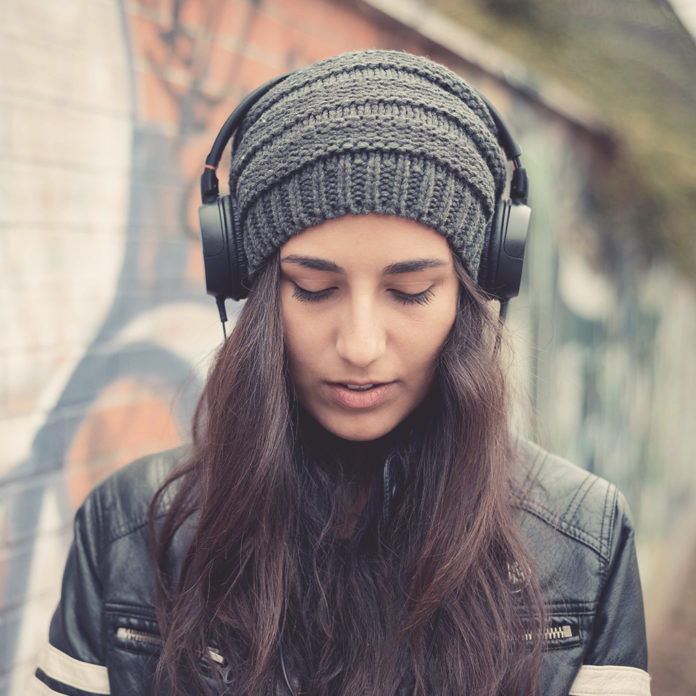
This week the South African Broadcasting Corporation (SABC) – the public broadcaster in South Africa – sent out an instruction to all 18 of its radio stations, that from the 12th of May 2016, strictly 90% of music played would be local.
The other 10% – well I guess that’s up to the DJ’s and the radio stations.
Perhaps it’s just me, but this is just mad.
I tried to understand the logic of the decision before commenting.
I tuned in to talk shows, read people’s tweets, and listened to one of the SABC’s top managers explain the reason for the decision.
The decision – which will be reviewed in 3 months’ time – is intended to give local artists, producers, promoters, and anyone in the entertainment industry a platform to have their product played.
Local artists, we are told, have complained about not getting enough “air time” as they are drowned out but international music most of the time.
To my surprise, many a tweet and Facebook status supported this call.
The decision to strictly play 90% local music is nothing short of crazy.
Firstly, to argue that the reason you’re not successful as an artist because other artists are getting more “air time” is tantamount to saying that you’re broke because the next person has taken your job.
In plain language: No one owes you that job or opportunity. It’s your responsibility to prove why I must go with you, over the next person. It’s called a “free market”.
It is the principle that drives (most) good economies – people’s will to decide what they want to eat, drink, drive, watch, wear, and listen to.
Which leads me to my next point.
It is, in the 21st century, unthinkable that the industry should dictate what my listening habits should be.
Some would say, “fine, then don’t listen”. And they’re not wrong. I have the option of switching off the radio. But this defeats the very purpose of the 90% directive.
The whole point is to give artists exposure. Hoping that people will enjoy the music to the point that they look for the album or single, buy it, and then go to the live show.
But if I switch off my radio and stick to iTunes and other platforms, I may never be exposed to your music, never buy it, and never attend the live show – then the artist doesn’t get paid. We are back to square one.
The very notion that a government or any entity would dictate to people what they can and cannot watch goes against the values of democracy and the freedom of the market.
It is forcing customers to shop at one store because “you buy too much from the one next door”.
Instead of imposing bans, raise the bar!
Make better music, produce great quality, and compete with the best. And sometimes the best isn’t necessarily from overseas – it may the rapper or singer from next door.
Usain Bolt cannot be disqualified from a 100m final because you are slower and feel he is taking away your opportunity to win. Beat him and gain the recognition you desire.
The irony of this situation is that most of the artists celebrating this new decision spend half their careers mimicking international artists. And if they’re not, they are trying to collaborate with them. Most have been inspired by them.
One that comes to mind is DJ Black Coffee.
Disclaimer: I admire and enjoy his work. I think he is a genius.
But Coffee tweeted his full support for this, yet spends half of his time playing all over the world.
There is obviously no ban on artists performing elsewhere, but it shows that if one is truly good enough then they are able to play Coachella and other major festivals.
Am I saying that there are no local artists of good quality? No. The opposite is true.
There are some brilliant musicians out there.
But if they are to reach legend status, let that process happen naturally.
There may be some unintended consequences to the issue that we are yet to experience.
But this is one just madness.
What are your views on this?
